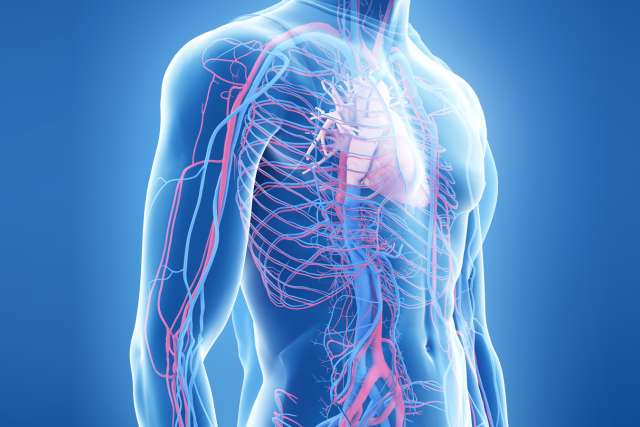
Latest Nutrition News Changing the Way We Eat
Food has always been more than sustenance—it is culture, identity, and survival. Yet the latest nutrition news is reshaping how societies view their plates, emphasizing science-driven choices over tradition alone. With rapid advancements in research, what we consume is no longer dictated merely by taste or convenience but by an evolving understanding of how diet governs long-term well-being.
The Rise of Personalized Nutrition
One of the most transformative developments is the move toward individualized dietary strategies. Genetic testing and microbiome analysis are enabling experts to design meal plans tailored to a person’s unique biology. No longer is a single diet heralded as universally optimal; instead, precision nutrition promises to align food with metabolic needs, potentially reducing the prevalence of chronic illnesses tied to diet.
Plant-Based Eating Gains Momentum
The global embrace of plant-forward lifestyles shows no signs of slowing. Beyond ethical considerations, scientific findings consistently link plant-heavy diets with improved cardiovascular health and reduced inflammation. Innovations in plant-based proteins now provide textures and flavors once exclusive to animal products, making the transition accessible to broader demographics. This shift is not just dietary—it reflects a growing awareness of sustainability and environmental stewardship.
Functional Foods Redefining Wellness
Superfoods were once a trend; today, functional foods dominate the conversation. Products fortified with probiotics, omega-3s, and adaptogens are crafted to serve specific purposes—enhancing gut health, boosting immunity, or moderating stress responses. Consumers now demand more from their meals than calorie counts. Every bite is expected to deliver tangible benefits, bridging the gap between nutrition and therapeutic intervention.
The Science of Intermittent Eating
Time-restricted eating patterns are no longer fringe experiments but subjects of rigorous investigation. Studies indicate that aligning meals with circadian rhythms may improve metabolic efficiency and promote cellular repair. While intermittent fasting is not a universal solution, its mainstream adoption signifies a broader interest in not just what we eat, but when we eat it.
Ultra-Processed Foods Under Scrutiny
Once celebrated for their convenience, highly processed products are increasingly viewed as detrimental to public health. Research links their consumption to obesity, metabolic disorders, and compromised gut microbiota. In response, regulatory bodies are pressuring manufacturers to reformulate offerings, and consumers are gravitating toward minimally processed alternatives that preserve natural nutrients and textures.
Technology Driving Dietary Change
Digital platforms are revolutionizing how people interact with food. Apps now track micronutrient intake with remarkable precision, while artificial intelligence predicts deficiencies before they manifest as symptoms. Smart kitchen devices suggest recipes based on health goals, reducing the friction between intention and action. Technology, once blamed for sedentary lifestyles, is becoming a powerful ally in nutrition literacy and accountability.
Global Disparities and Food Equity
Amid innovation, glaring inequalities persist. While affluent nations debate the merits of exotic supplements, many regions still face food insecurity and nutrient deficiencies. Global initiatives are striving to bridge this gap through fortified staples and educational campaigns, underscoring that true progress in dietary health must encompass accessibility as much as advancement.
The Cultural Dimension of Dietary Shifts
As new research emerges, cultures grapple with balancing modern insights and traditional culinary practices. Some societies reinterpret ancestral diets through the lens of contemporary science, while others resist perceived erosion of heritage. This dialogue reflects a deeper truth: food is both deeply personal and universally shared, and meaningful change must honor both dimensions.




